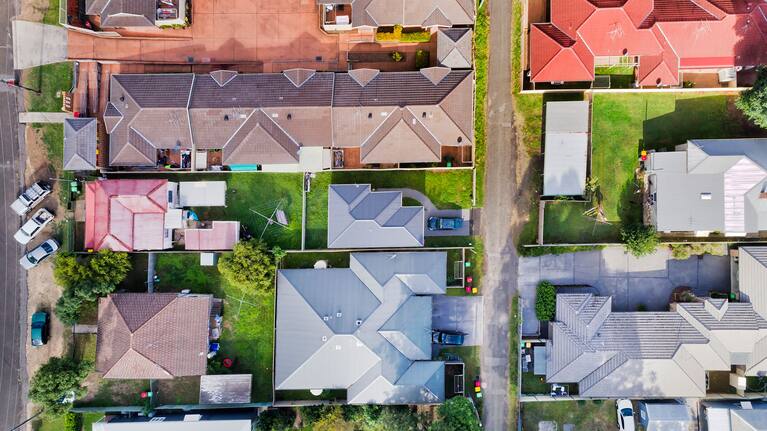Dynamics in the housing market are shifting due to hiked interest rates, inflation, tighter lending conditions and Government regulation, REINZ says.
Jen Baird, chief executive of the Real Estate Institute of New Zealand, said agents had noted a decrease in the number of first home buyers and investors.
Auction rooms and open homes had been quieter. Only 530 properties across the country sold by auction last month — 14.5 per cent of all properties sold, down 15.6 per cent at the same time last year.
“Many point to access to finance, exacerbated by changes introduced in December to the Credit Contracts and Consumer Finance Act (CCCFA) — currently under review, as having a major impact. This is a sentiment echoed in a survey conducted at the end of January by economist Tony Alexander in collaboration with REINZ, which noted that the predominant concern for buyers is no longer availability of stock but rather financing,” Baird said.
READ MORE: National average property asking price hits 14-year high
“While hard evidence is lacking in terms of the impact of the CCCFA, data from Centrix, a New Zealand credit reporting agency, found the percentage of home loan applications that were approved dropped from 39 per cent in October to 30 per cent after December. The longer-term impact will be seen in the numbers of buyers in the market in coming months.”
REINZ’s monthly property report for January 2022 recorded a decrease in sales activity and an easing of price growth.
Baird said sales volumes were weaker than usually expected for the first month of the year.
Although the industry expects to see activity slow and prices ease due to summer holidays, there had been a 5.3 per cent decrease in residential property sales from December 2021 to January 2022 in seasonally adjusted figures.
Compared to January last year, the number of residential property sales had decreased 28.6 per cent — 3665 houses sold last month compared to 5135 in January 2021.
The sales count for New Zealand, excluding Auckland, had decreased 26.4 per cent annually, the lowest for the country since January 2011 — a fall from 3184 to 2342 was recorded.

In Auckland, the number of properties sold decreased 32.2 per cent annually — 1323 houses sold last month compared to 1951 in January 2021.
Listings were also down across the country — 1.7 per cent to be exact — and was driven by Auckland, REINZ noted.
REINZ’s monthly property report also noted there had been a “deceleration” in the rate of price growth.
“While we continue to see annual growth in the House Price Index — up 19.9 per cent from the same period last year — we do note a reduction in the rate of increase. To put this into perspective, the underlying strength of the housing market value remains, however, market conditions are changing,” Baird said.
“Last year low interest rates and listings combined with high demand made for a highly competitive market. New regulations, higher interest rates, and tighter lending criteria, are having an impact and buyers are being more cautious around price when purchasing.”
Across the country, an annual increase in the median number of days it took to sell a property was also observed, but only by two to 37 in January 2022.
The median days to sell increased by four days to 39 days for the country, excluding Auckland.
However, the total number of properties for sale nationally increased 28.5 per cent — increasing from 15,480 in January 2021 to 19,897 last month.



















SHARE ME